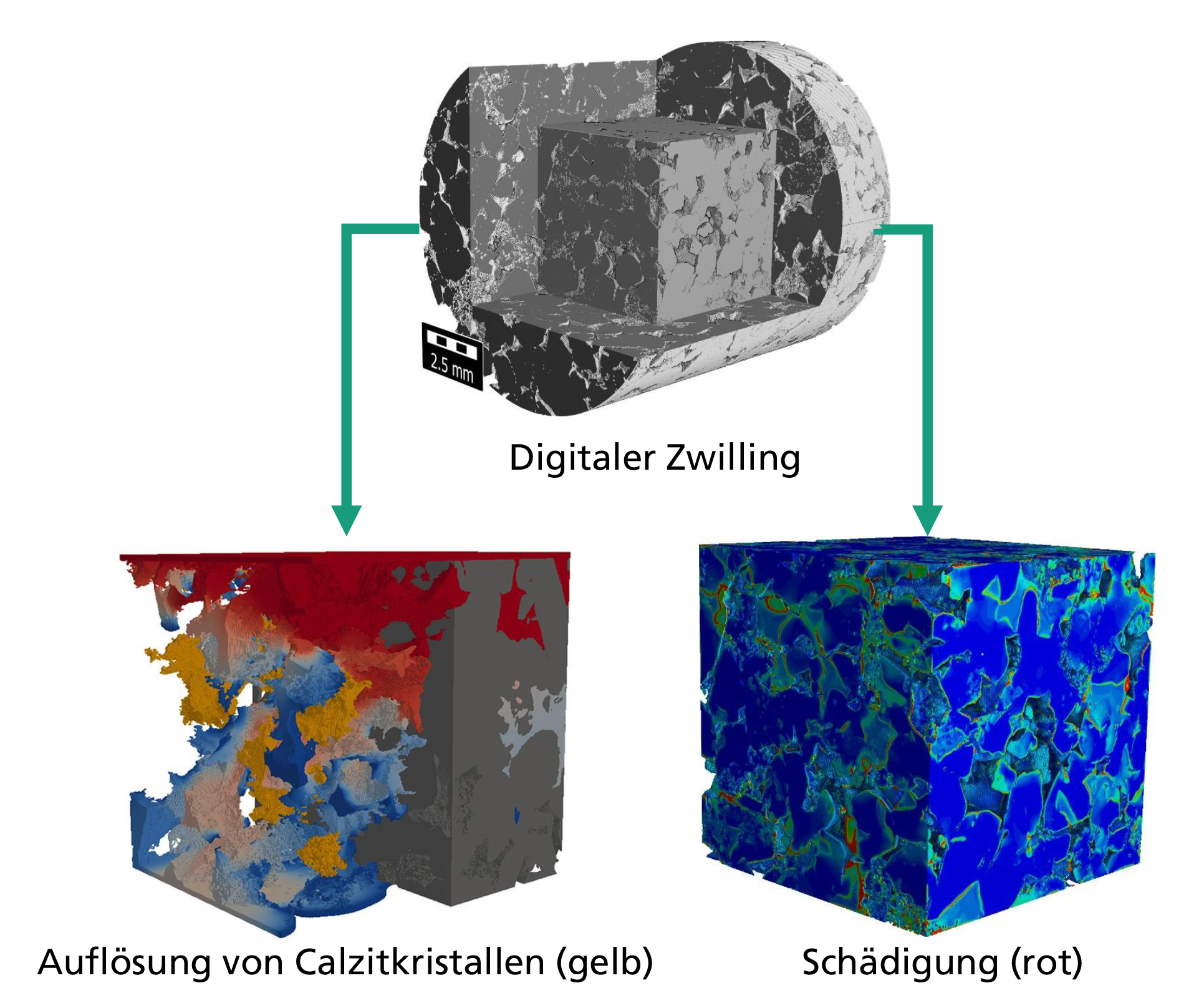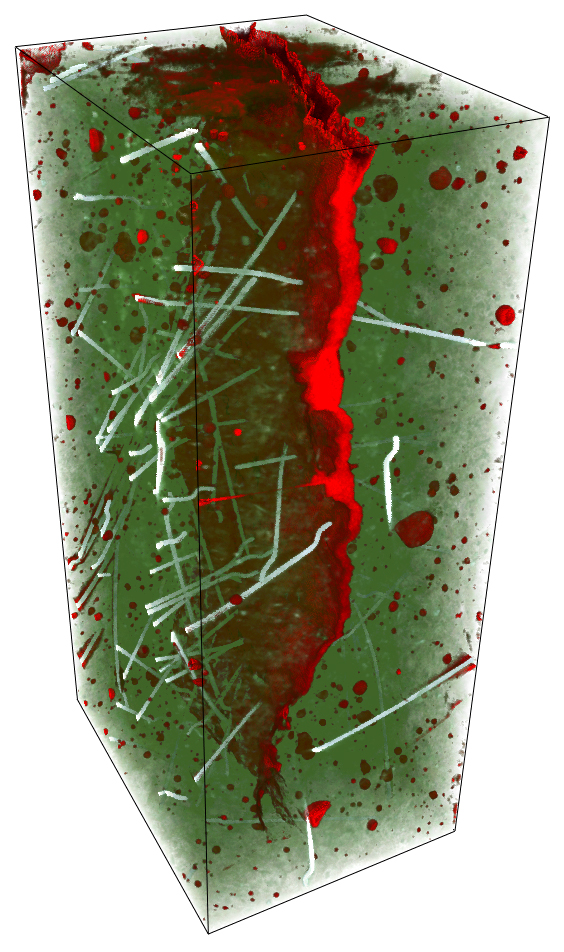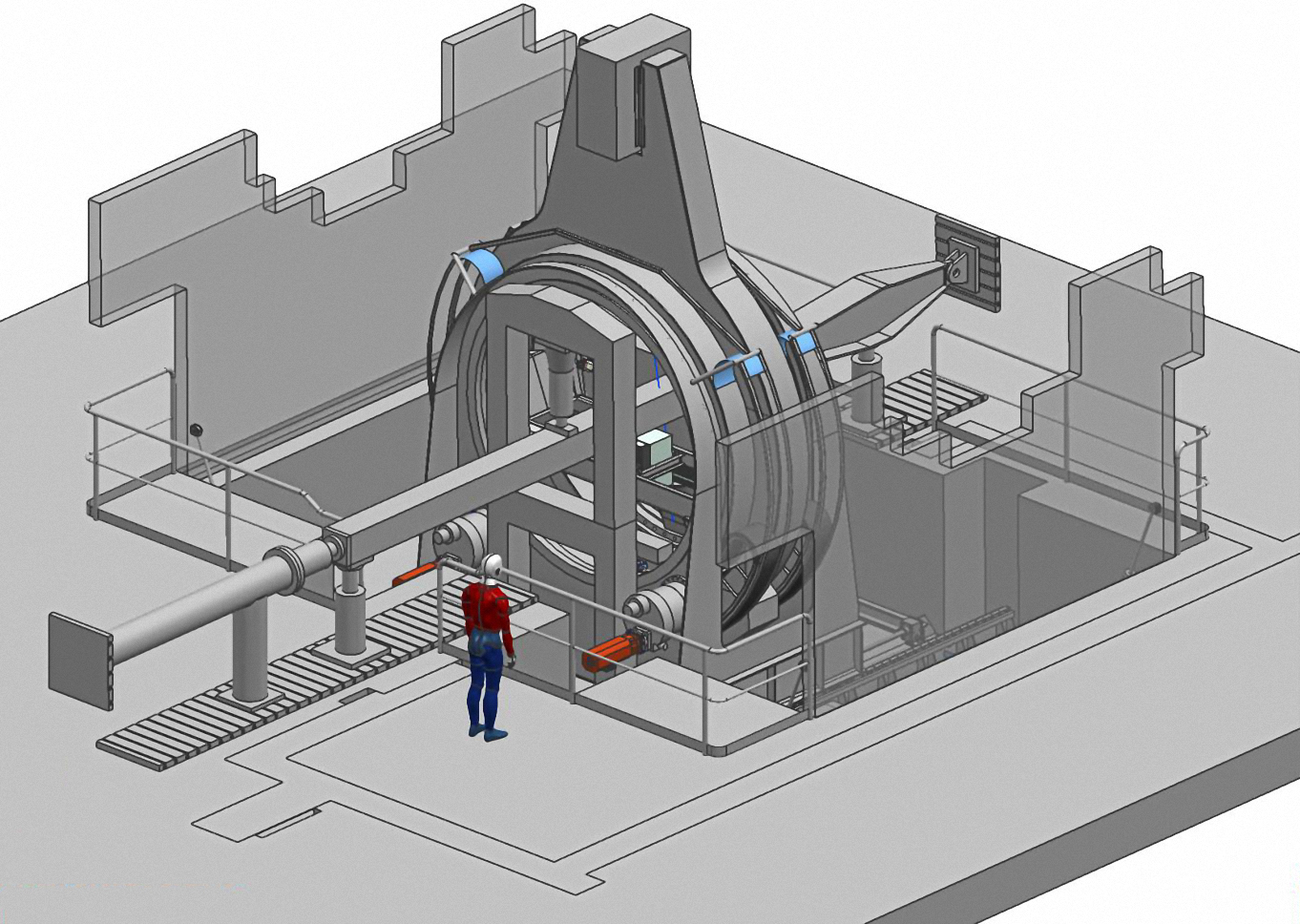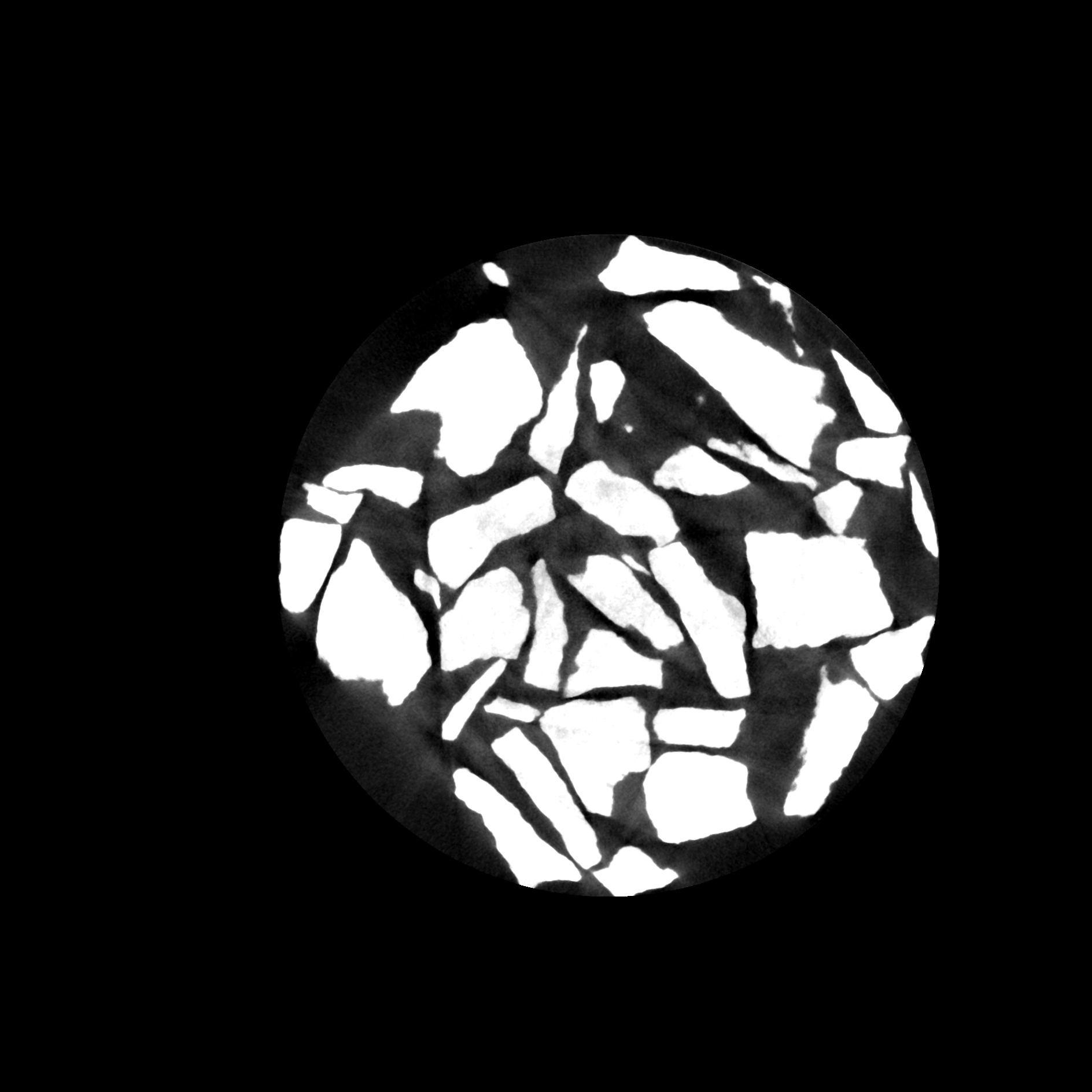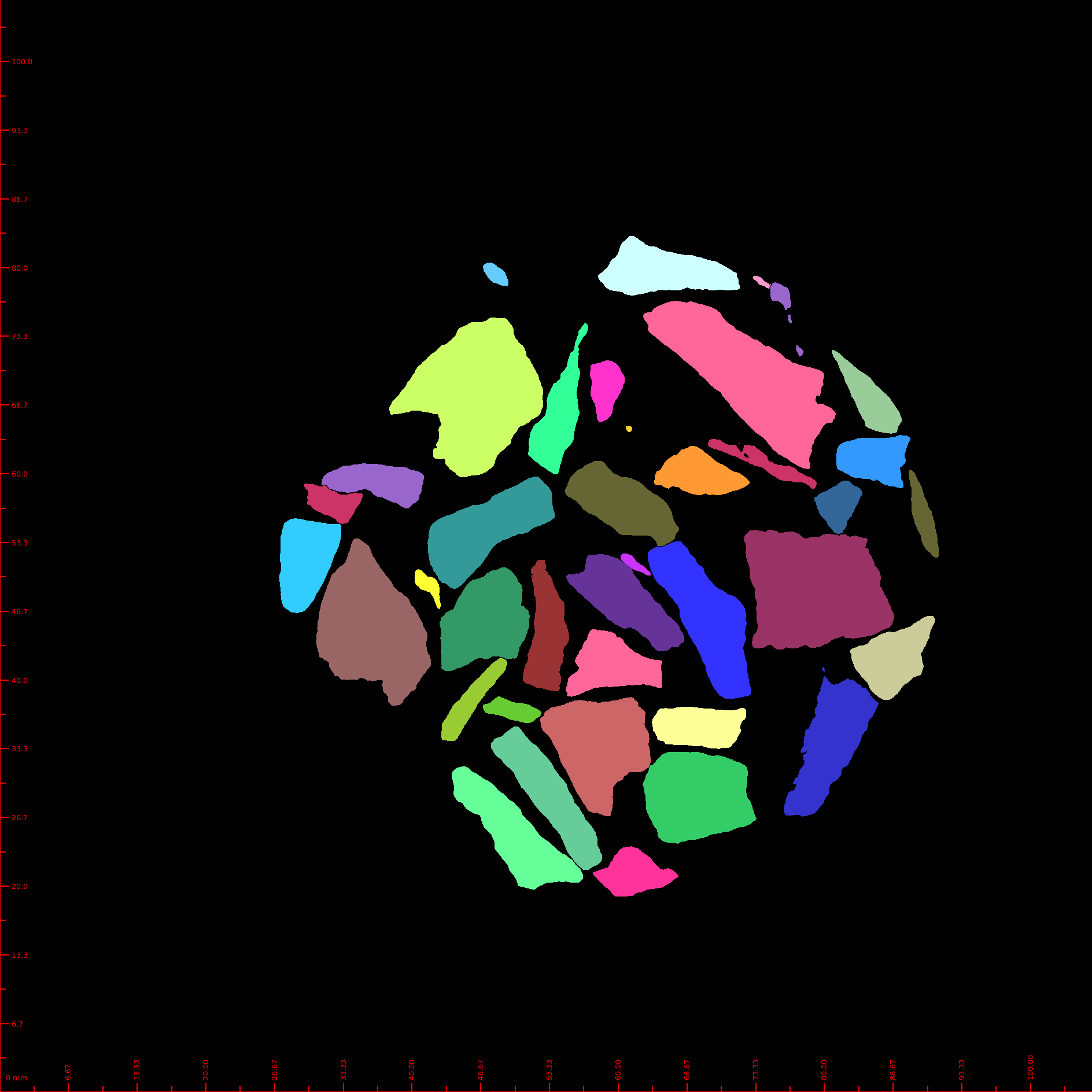Quantum chemistry on quantum computers is considered to be one of the first realistic use cases in which an advantage of quantum computers is demonstrated. Especially in the simulation of metals strong electron-electron correlations occur, which are efficiently solved by the entanglement of quantum computers in contrast to conventional methods.
Algorithms such as the Variational Quantum Eigensolver (VQE) and mixed approaches, so-called »shallow-depth circuits« algorithms, which are state of the art, show promising potential on quantum computers. Currently, we are in the intermediate NISQ (Noisy Intermediate Scale Quantum) development stage of hardware technology, with significant progress in the number of available qubits and error rates in recent years. Nevertheless, not all known quantum algorithms can yet be successfully implemented due to the limitations of error rates and decoherence effects. When developing new quantum computing workflows, science often combines robust classical approaches with algorithms on the quantum computer.
Examples of such hybrid quantum/classical approaches are variational algorithms like the VQE for quantum chemistry simulation. Variational algorithms are suitable methods for current hardware with respect to the required gate depth and the error tolerance of the algorithm. The parts that are computationally intensive for classical high-performance computers are solved on the quantum computer, while the other parts of the workflow are calculated on conventional computers.
However, the scaling of these hybrid methods compared to purely classical methods on high performance computers remains the subject of research. We are tackling this exciting topic at the Fraunhofer ITWM.





